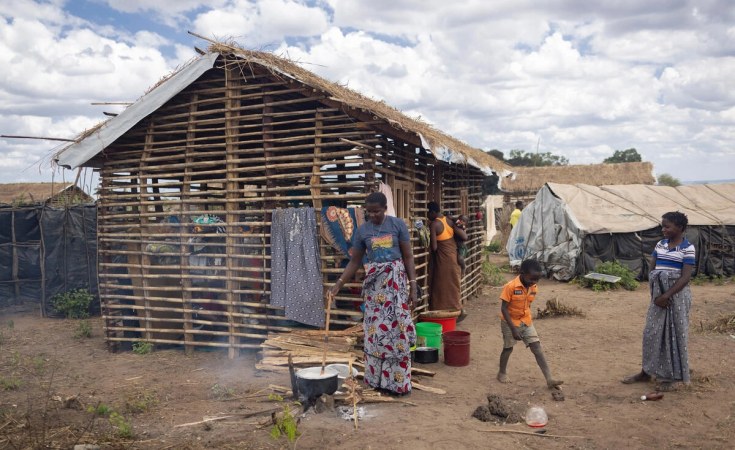Maputo — The Mozambican government has called on the European Union (EU) to support the country with lethal equipment in order to give a stronger response in the fight against terrorism that has been plaguing some districts of the northern province of Cabo Delgado, since 2017.
The appeal was expressed on Thursday, in Maputo, by Defence Minister Cristóvão Chume, after a meeting with a Mission from the European Union Political and Security Committee (COPS).
The aim of the meeting was to assess the European Union's Military Training Mission in Mozambique.
COPS is a European Union body at the level of ambassadors from the 27 member states, with a role in the organization's foreign and security policy.
According to Chume, during the meeting the government reiterated that the support given to Mozambique in training people, and providing non-lethal equipment is not enough.
"It is also important that, considering that the terrorism we face in Mozambique is international, the support that the European Union has given to other countries that have the same phenomenon could also be shared with Mozambique with the provision of lethal equipment', the minister said.
"But this is an issue that we leave to the European Union to continue with internal consultations and, who knows, we may still have results for the second phase of the programme we have with the EU', he added.
The minister believes that despite the latest attacks, particularly in the districts of Quissanga, Metuge, Ancuabe and Chiúre, the country is stable, but he acknowledged that the conflict has led to the displacement of the population into the neighboring province of Nampula and other districts of Cabo Delgado.
"The fight against terrorism in Mozambique, as in all parts of the world, is a difficult mission that requires courage, unity of effort and, above all, a lot of patience on the part of citizens who often expect to hear immediate results, something that is not possible', he said.
He also explained that the process of radicalization in areas where there is terrorism often means buying minds, buying people and entrenching this evil within communities.
For this reason, the minister said, it is a fight that involves a military front, but also a social component. The government will therefore continue to promote development in the region, as well as consolidating the Northern Integrated Development Agency and other projects to minimize the risk of radicalization and prevent the re-emergence of terrorism.
For her part, the head of the EU mission, Delphine Prank, warned that the military component is not enough, because there can be no security without sustainable development, economic prosperity and democracy.
"Regarding the support that the EU could give Mozambique, everything will depend on the evaluation of the current mission', she said, adding that the EU is Mozambique's biggest partner in the fight against terrorism, having so far disbursed more than 90 million Euros (about 97 million dollars).


